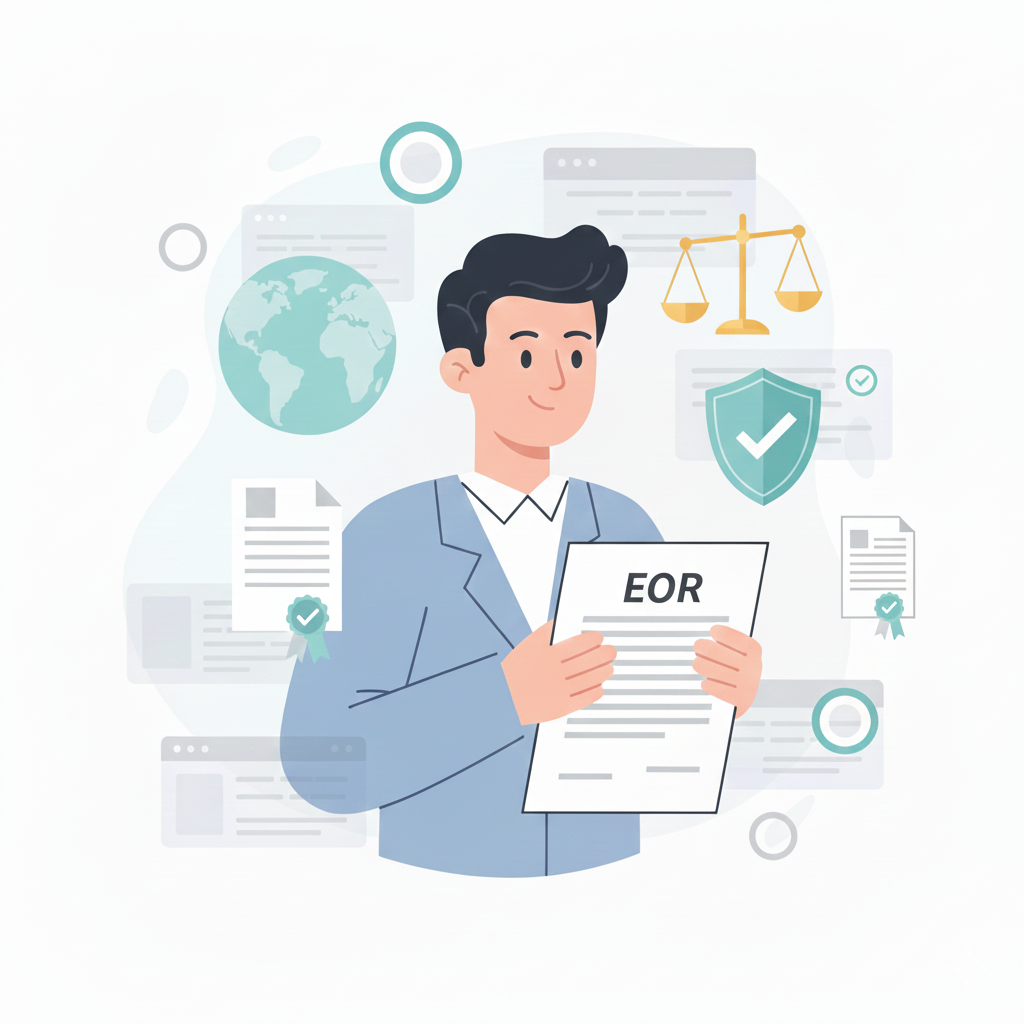The Employment Ordinance forms the foundation of labor laws and leave policies in Hong Kong, outlining principles such as wage payments, restrictions on wage deductions, guaranteed holidays, and working hours. It also regulates other critical aspects of the employee-employer relationship, ensuring fair working conditions. This guide provides comprehensive information on leave policy in Hong Kong. Employers looking to hire employees from Hong Kong or through an Employer of Record (EOR) in Hong Kong must be well-versed in these regulations to ensure compliance and maintain a fair workplace.
Annual Leave (Vacation)
- Employees who have been with the company for a minimum of 12 months are entitled to 7 days of paid annual leave.
- For each additional year of service, the leave entitlement increases by one day.
- This incremental increase continues until the 9th year of employment, when the total annual leave entitlement reaches 14 days.
Public Holidays
Public holidays:
- Holidays falling on a Sunday are moved to a weekday (day off in lieu).
- Holidays falling on a Saturday are usually lost.
Statutory holidays:
- The number of statutory holidays will increase from 13 to 17 days by 2030.
- One additional statutory holiday will be added every 2 years.
New statutory holidays:
- Easter Monday (starting 1 January 2026)
- Good Friday (starting 1 January 2028)
- The day following Good Friday (starting 1 January 2030)
2024 Public Holiday Dates:
- 1 Jan 2024 (Monday): New Year’s Day
- 10 Feb 2024 (Saturday): The first day of Lunar New Year
- 11 Feb 2024 (Sunday): The second day of Lunar New Year
- 12 Feb 2024 (Monday): The third day of Lunar New Year
- 13 Feb 2024 (Tuesday): The fourth day of Lunar New Year (Day Off in Lieu)
- 29 Mar 2024 (Friday): Good Friday (Optional - some companies choose to give it as a day off)
- 30 Mar 2024 (Saturday): The day following Good Friday (Optional - some companies choose to give it as a day off)
- 1 Apr 2024 (Sunday): Easter Monday (Optional - some companies choose to give it as a day off)
- 4 Apr 2024 (Thursday): Ching Ming Festival
- 1 May 2024 (Wednesday): Labour Day
- 15 May 2024 (Wednesday): The Birthday of the Buddha
- 10 Jun 2024 (Monday): Tuen Ng Festival
- 1 Jul 2024 (Monday): HKSAR Establishment Day
- 18 Sep 2024 (Wednesday): The Day following the Chinese Mid-Autumn Festival
- 1 Oct 2024 (Tuesday): National Day
- 11 Oct 2024 (Friday): Chung Yeung Festival
- 21 Dec 2024 (Saturday): Chinese Winter Solstice Festival (Employer chooses between Chinese Winter Solstice Festival or Christmas Day)
- 25 Dec 2024 (Wednesday): Christmas Day (Employer chooses between Chinese Winter Solstice Festival or Christmas Day)
- 26 Dec 2024 (Thursday): The first weekday after Christmas Day
Sick Days
- Employees accrue 2 paid sick days per month during their first 12 months of employment, increasing to 4 paid sick days per month after one year, up to a maximum of 120 paid sick days.
- Sick pay is calculated at 80% of the average daily earnings from the preceding 12 months before the first day of sickness. For those with less than 12 months of service, it is based on the average earnings since the start date.
- A medical certificate from a licensed medical practitioner or registered dentist is required to claim any sick day.
Maternity Leave
A pregnant employee with at least 40 weeks of continuous service before starting maternity leave is eligible for 14 weeks of paid leave. In cases of complicated or multiple births, an extra 14 weeks may be granted. Maternity leave should commence two to four weeks before the due date.
Employers pay maternity leave based on four-fifths of the employee's average daily wages from the 12 months prior to the first day of leave. For those with less than 12 months of service, a shorter period is used for calculation. The 11 to 14 weeks of maternity leave are capped at 80,000 HKD, with employers able to seek Government reimbursement for these four weeks.
Paternity Leave
Male employees are entitled to 5 days of paternity leave if they have been continuously employed for at least 40 weeks before the start of the leave. This leave can be taken consecutively or on separate days, within four weeks before the expected delivery date and up to 10 weeks after the child’s birth.
Paternity pay is calculated at four-fifths of the employee's average daily wages earned in the 12 months before the start of the leave. For those with less than 12 months of service, a shorter period is used.
Advance notice is required. If the father provides at least 3 months' notice before the expected delivery date, he can take paternity leave immediately after notifying his employer of the specific dates. If less than 3 months' notice is given, the employee must inform the employer at least 5 days in advance.
Parental Leave
Hong Kong does not provide any additional statutory parental leave.
Adoption Leave
Hong Kong does not have legal provisions for adoption leave. However, understanding its importance, employers are increasingly providing similar accommodations to adoptive parents as they do for biological parents. As a result, adoption leave in Hong Kong is based entirely on the agreement between the employer and the employee.
Additional Leave
In Hong Kong, employees can take paid leave for special occasions:
- Marriage Leave: Commonly, employees receive 3 days of paid leave for their first marriage.
- Bereavement Leave: Typically, 3 days of paid leave are granted for bereavement.
- Education Leave: Employees are entitled to 2 paid days off per exam at secondary or tertiary institutions, up to a maximum of 10 days per year.
- Jury Duty and Voting Leave: There are no statutory provisions for leave related to jury duty or voting.
Hassle-Free Leave Policy Management in Hong Kong with Gloroots
At Gloroots, we understand that navigating leave policies can be complex, especially when expanding your business and hiring across borders. Our platform ensures compliance with Hong Kong labor laws, maintains clear leave balances, processes leave requests smoothly, and generates comprehensive leave reports. By partnering with Gloroots, you can focus on scaling your business while we handle the complexities of employee leave management. Contact us to discover how Gloroots can simplify your HR processes and enhance your operations in Hong Kong.

.webp)




























.webp)

















.webp)
.webp)
%204%20(2).webp)








.webp)
.webp)

